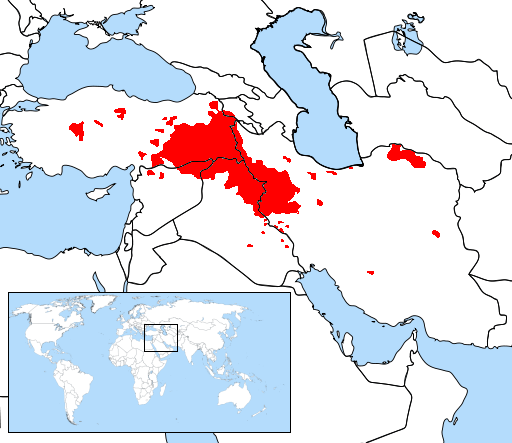The War on Q, W, and X

There are t*enty-si* letters in the English alphabet. Children in the United States and points else*here learn these letters pretty *uickly in life, probably by age three (via the ABC song). By five or si* they’re reading and *riting to some degree. Sometimes, though, the *ritings of younger children are difficult to understand; phonetic spelling and poor penmanship lead to potentially comical results. As gro*n-ups, *e’re capable of decoding everything but the e*tremely vague language these kids produce. But as evidenced throughout this paragraph, it certainly gets annoying.
In the paragraph above, the letters Q, W, and X are censored, replaced with an asterisk. It makes it hard to read, but not impossible. It’s also entirely absurd — there’s no reason, whatsoever, for someone to communicate in that fashion. Unless that person lived in Turkey, where until recently, the letters Q, W, and X were banned.
There are roughly 75 million people living in Turkey and the vast majority of them — 75% or more — speak Turkish. Another 10 to 20 percent are Kurds, who live in the regions in red above and speak Kurdish. Both the Turkish and Kurdish alphabets (at least the Kurdish alphabet common in Turkey) are based on Latin and use letters similar to the English one. But both also have some variations. The Kurdish alphabet has 31 letters — the 26 that English speakers are familiar with plus stylized versions of C, E, I, S, and U. The Turkish one has 29 letters. It adds stylized versions of C, G, I, O, S, and U, which would put it at 32 — but it doesn’t have a Q, W, or X, bringing us down to 29, and leading to the aforementioned ban.
Kurds are an ethnic minority in Turkey, and even today, there’s a significant anti-Kurd sentiment in throughout the country. Turkish, the language, has been the official language of the country for decades, but until the early 1990s, using Kurdish in public was technically illegal (albeit not often enforced). Still to date, the Turkish government does not recognize the Kurdish language, and, therefore, the letters Q, W, and X do not exist in any official Turkish capacity. And while the law mostly goes unenforced and unnoticed, it has been used opportunistically to suppress Kurdish culture. Kurds were not allowed to use those letters when naming their children as recently as 2004, by way of one example. And in 2007, according to Public Radio International, when a Turkish mayor issued a greeting card wishing his townsfolk a happy “Nowruz” — the Kurdish spelling for the Kurdish and Persian New Year — he was charged with “using an illegal letter.” Really. (The charges were dropped.)
Thankfully, there are signs that this will come to an end. In 2006, Turkey allowed television broadcasters to show programming in Kurdish (although shows directed at children were not allowed). In 2009, Turkey launched TRT 6, a 24-hour Kurdish TV and radio network — one which was allowed to use the letters Q, W, and X. And in 2012, Al Jazeera reported that for the first time, Kurdish language classes would be offered as an elective in Turkish public schools, and Turkey’s Batman University (really) opened up a Kurdish language department. (Update: Yep, it’s over — in 2013, the country reversed the ban.)
Bonus fact: Q is the only letter which does not appear in any of the 50 states’ names. (In case you’re wondering, Arizona has the Z and both Texas and New Mexico have Xs.) And there has never been a Major League Baseball player whose last name begins with X.
From the Archives: And, the 27th Letter of the Alphabet: The letter that history turned into a shortcut.
Related: “The Kurdish Nationalist Movement in the 1990s: Its Impact on Turkey and the Middle East” by Robert Olson. Three reviews, 4.7 stars.
